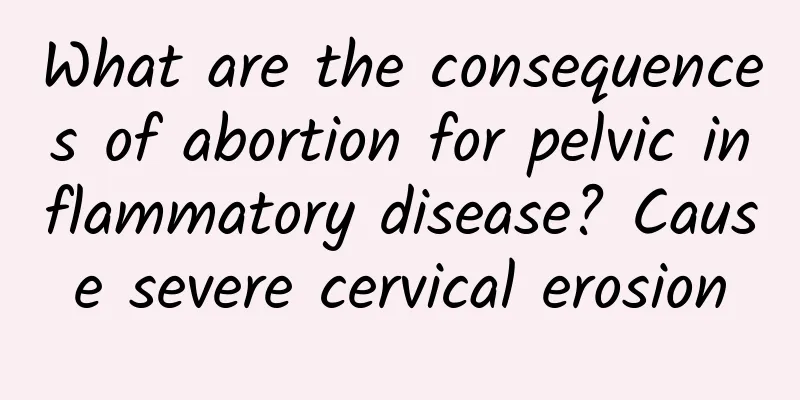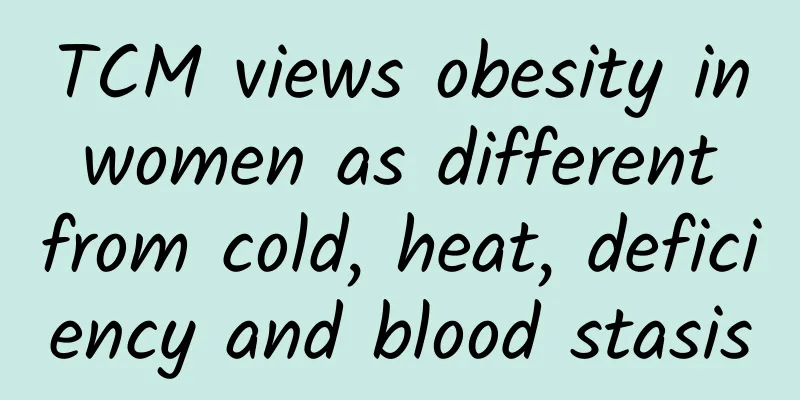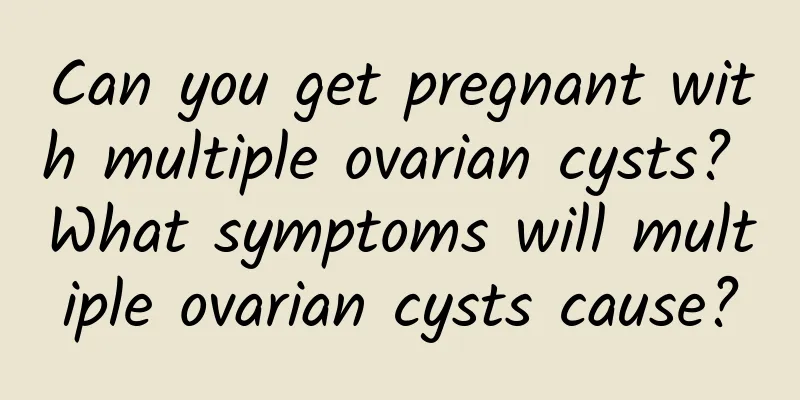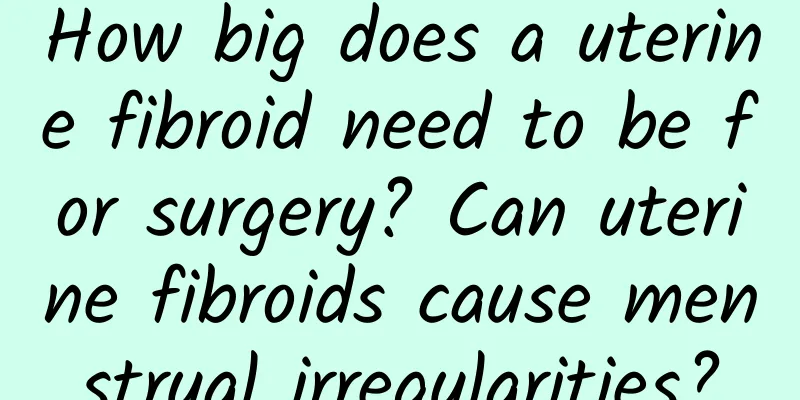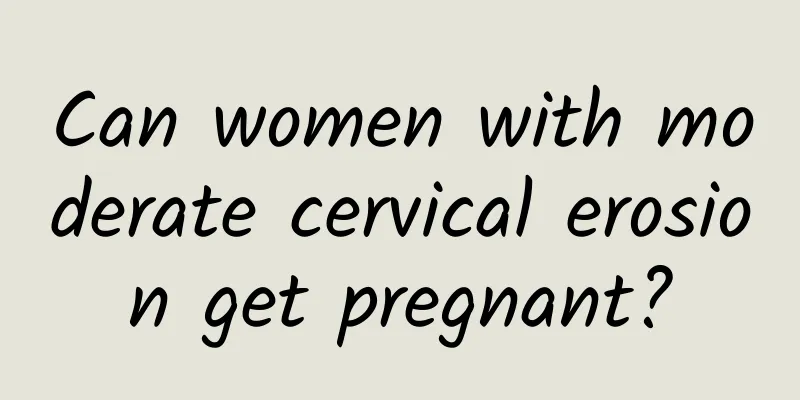How long does it take to return to normal life after hysteroscopic surgery for endometrial polyps?
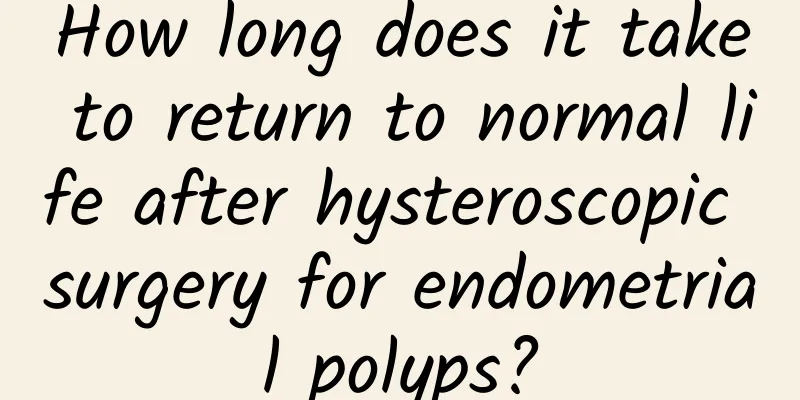
|
After hysteroscopic surgery for endometrial polyps, patients can usually gradually return to normal life within 1-2 weeks, but the specific recovery time varies depending on individual physical condition, the complexity of the surgery, and postoperative care. In order to speed up recovery, patients need to pay attention to rest, follow the doctor's instructions for care, and have regular checkups. 1 Factors affecting recovery time Hysteroscopic surgery for endometrial polyps is a minimally invasive surgery with less trauma, but the recovery speed varies from person to person. If the patient has a small lesion during surgery and is in good physical condition, the patient will recover quickly after surgery and can basically resume normal activities within 1 week. If the surgery takes a long time or the lesion is large, an adjustment period of more than 2 weeks may be required. Postoperative pain, abnormal secretions or mild bleeding within a few days are normal. If the amount of bleeding increases significantly or is accompanied by symptoms such as fever and abdominal pain, you should see a doctor as soon as possible. 2 How to promote postoperative recovery Postoperative recovery care is critical and includes the following: Keep clean: There may be a small amount of vaginal discharge or bleeding after surgery. You need to change sanitary products every day to keep the vulva clean and avoid bacterial infection. Sexual intercourse and washing of private parts should be avoided within 1 month after surgery. Proper rest: You should stay in bed and avoid physical labor in the first few days after surgery. You can gradually resume your daily activities after one week, but do not engage in strenuous exercise immediately to avoid inducing bleeding or other complications. Good eating habits: After surgery, it is recommended to eat a light, high-protein diet and consume appropriate amounts of fresh fruits and vegetables to promote wound healing, but avoid spicy and cold foods. 3 Review and preventive measures After hysteroscopic surgery, a follow-up examination is usually required one month later to ensure that the uterus has recovered well and to rule out the possibility of polyp recurrence. To prevent the recurrence of endometrial polyps, attention should be paid to: maintaining a regular schedule, managing emotions, avoiding excessive obesity, and balancing hormone levels. For patients with endocrine-related diseases, the underlying disease needs to be actively treated to reduce the cause. 1-2 weeks after surgery is a critical period for recovery. Following the doctor's instructions for care can help your body return to normal as soon as possible. At the same time, regular check-ups are an important part of maintaining your health and should not be ignored. If you feel unwell, you should consult a doctor as soon as possible to get better guidance and treatment options. |
<<: How can endometriosis be detected?
>>: Is uterine cyst serious? What are the dangers?
Recommend
How to treat uterine fibroids What should be paid attention to when treating uterine fibroids
The isthmus of the uterus gradually expands durin...
Popular Q&A on weight control myths
Whether for the sake of beauty or health, weight ...
Debunking 4 myths! Are red-shell eggs more nutritious than white-shell eggs? The darker the egg yolk, the higher the nutritional value?
Eggs are rich in nutrients and have a tender tast...
How is Bartholinitis diagnosed?
Nowadays, gynecological diseases are becoming mor...
Introduction to common diagnostic methods for threatened abortion
What are the common diagnostic methods for threat...
What are uterine fibroids? How to treat uterine fibroids
Uterine fibroids are common tumors of the female ...
There are many reasons why congenital absence of vagina is difficult to cure
Congenital absence of vagina is caused by the sta...
What is a miscarriage? How to determine if a miscarriage is clean?
To determine whether the miscarriage is clean, yo...
What precautions should be taken before uterine fibroid surgery?
What precautions should be taken before uterine f...
What are the symptoms of uterine fibroids? What harm can uterine fibroids cause?
Uterine fibroids are harmful to women's healt...
Understanding the causes of chocolate cysts
Chocolate cyst is a kind of ovarian disease. Beca...
What can menopausal women with uterine fibroids eat?
Menopause is a period of major changes in a woman...
Introduction to several major symptoms of ovarian cysts
In real life, the symptoms of early ovarian cysts...
What causes bleeding and pain during ovulation?
Bleeding and pain during ovulation are usually ca...
You can eat happily while losing weight! Mastering the 7 golden principles of a sugar-reducing diet, a Japanese blogger lost 43 kg
I used to be a glutton who loved to eat big meals...
